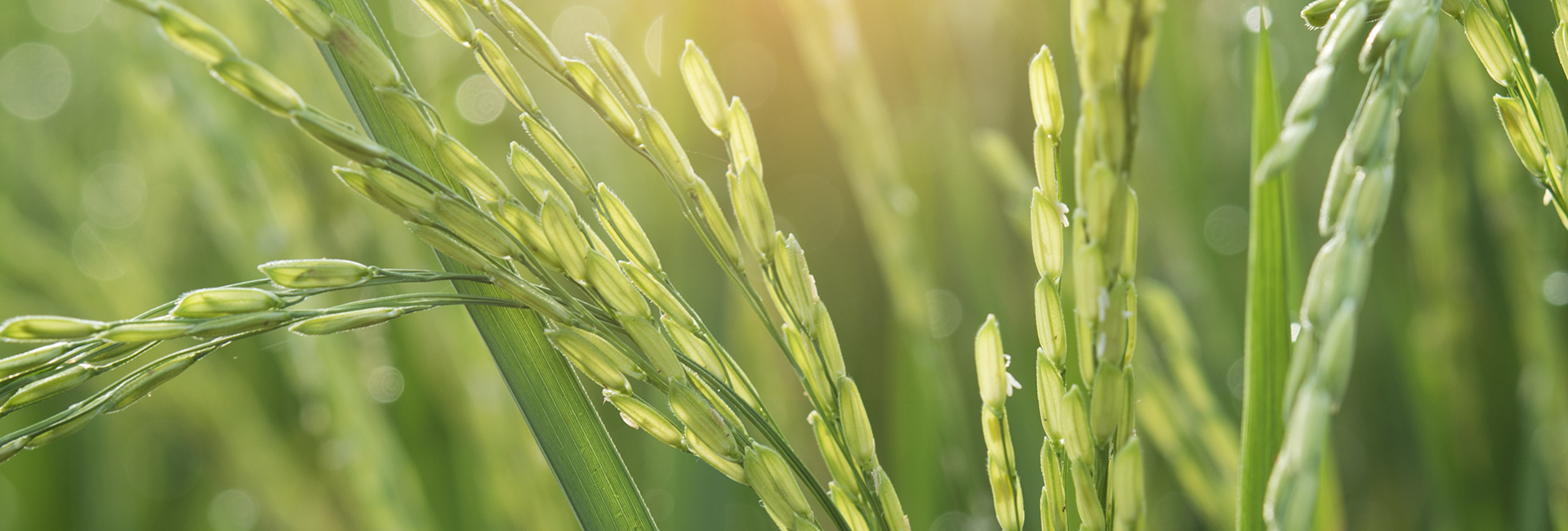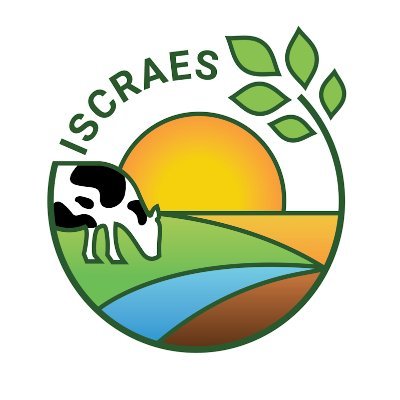The Croplands Research Group will work together to find ways to sustainably increase production while limiting the losses to the atmosphere of valuable carbon and nitrogen from crops and soils, and to transfer that knowledge and associated technologies to farmers, land managers and policy makers around the world.
The vision of the Croplands Research Group is to provide:
- Widely available management tools and decision-support tools to
-
- reduce greenhouse gas (GHG) emissions intensity from climate-resilient croplands, producing sustained or increased yields
- increase soil carbon sequestration
- enhance adaptive responses to climate-related stressors
-
- Educational tools to spread innovative knowledge and increase adoption of climate-friendly management practises
- Document croplands research addressing GHG mitigation and adaptation strategies
- Provide recommendations to the GRA Council
The Croplands Research Group has interest in a wide range of topics including agroforestry, conservation agriculture, integrated systems, landscape management, nutrient-use efficiency, and peatland management.
Countries participating in the Group contribute to collaborative research programs and activities on GHG emissions from cropping systems, reflecting the global variety of crop types, diverse management practices, environmental conditions, and a combination of such in mixed crop/livestock and agroforestry systems.
Primary GHG emissions/pathways considered by the Group include carbon dioxide (CO2), methane (CH4), and nitrous oxide (N2O). Different management and technology strategies are investigated to reduce GHG emissions from croplands, including factors of soil and climatic conditions, tillage, crop and nutrient management variables, and crop type and varieties. Adoption of appropriate management and technologies by stakeholders is emphasized.
Croplands Research Group Co-Chairs
Dr Ladislau Martin-Neto
Brazilian Agricultural Research Corporation (EMBRAPA)
ladislau.martin@embrapa.br

